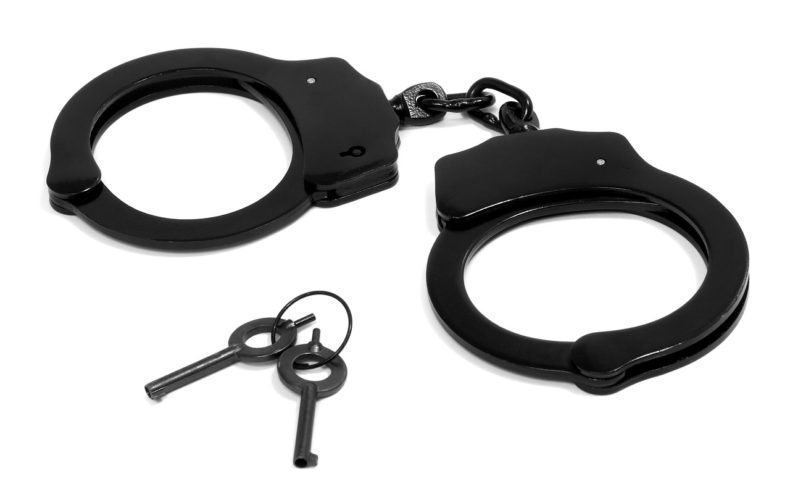When a person is convicted at trial or enters a guilty plea, he or she will receive one of the following sentences:
- discharge – absolute or conditional
- suspended sentence
- fine alone
- fine and probation
- conditional sentence order
- prison
- prison and probation
- intermittent sentence
- intermittent sentence and probation
The sentence an offender receives is based on sentencing principles set out in section 718 of the Criminal Code of Canada. It provides the ultimate goal the sentencing the offender is to facilitate respect for the law and to promote a just, peaceful and safe society. These goals are reflected by six principles: denunciation of unlawful conduct, deterrence offender and others, separation offender from society, rehabilitate the offender and to promote their sense of responsibility.
Discharges in Canadian Criminal Law
A discharge is a finding a guilt without the entering of a conviction on the offenders record. This means no criminal record. A discharge is usually only available for first-time offenders and offenders guilty of minor offences.
A discharge is available if it is in the best interest of the accused and not contrary to the public interest.
Many courts have interpreted the meaning of ‘best interest of the accused’. These court have held that it is in the best interest of an accused to be granted discharge where a criminal record would have significant repercussions for the individual. These repercussions can be employment-related, travel-related, or opportunity-related. The court will also look at the circumstance of the offence and offender, along with the impact a conviction would have on the offender. Sometimes these factors are consider together. For example, an offender with cognitive delays having committed an offence under the pressure of others.
Needless to say, everyone benefits from a discharge over a conviction. There are very few cases where the issue of whether it is in the best interest of the accused to receive a discharge is in dispute. The contentious issue in these cases is usually whether it is not contrary to the public interest to grant the accused a discharge.
The court is required to balance many competing factors when determining if it is not contrary to the public interest to grant the offender a discharge.Where a discharge would not deter the offender from committing the offence in the future, a discharge will not be available. In cases where the paramount consideration is deterring others tempted in committing the same offence, a discharge may not be appropriate. Deterrence is only one factor. The court will also examine if a discharge will promote the offender in becoming a productive and contributing member of society.
Ultimately the decision in whether the discharge is not contrary to the public interest is multi-faceted and contextual. The court will look at many factors. These factors include:
- the seriousness of the offense
- the harm done to the victim
- whether the offender was in a position of trust
- the motivation of the offender in committing the offence
- the prevalence of the offence in the community
- whether the offence was required planning or was committed impulsively
- whether the offender should have a record of conviction for potential employers or social organizations to know of and consider
Discharges may be granted even in cases where the offence plead to is more serious. For example, National Hockey League forward Todd Bertuzzi plead guilty to an assault causing bodily harm against Steven Moore which occurred during a regular season game. The assault was a punch which directly or indirectly caused Steven Moore to suffer from a cervical spine injury and post-concussion syndromes. Both the Crown and Defence Attorney recommended Todd Bertuzzi receive a conditional discharge. The court agreed after considering the completing factors and granted the discharge.
Absolute Discharge
Discharges can be granted on an absolute or conditional basis. A conditional discharge has a probationary period and conditions. Absolute discharges are immediate with no probation or conditions.
Conditional Discharge
Where an offender is granted a conditional discharge, they will be placed on a period of probation and be required to follow certain conditions. If they fail for comply with the conditions of their discharge, a conviction will be entered for the offence and they will be charged criminally for breaching the conditions of their probation.
Offender granted a discharge may claim to have no criminal convictions. A criminal record check will show a entry of discharge for only a period of one year from the date the offender was absolutely discharged; or three years from the date the offender was conditionally discharged. After these prescribed periods, a criminal record check would return without any entries.
If you have been charged with a crime, it is important to seek legal advice from a lawyer. A lawyer will look over the strengths and weaknesses of your case, give you advice, and advocate on your behalf with the Crown attorney and court. If you or a loved one has been charged with a criminal offence, please feel free to contact me for a free initial consultation.

